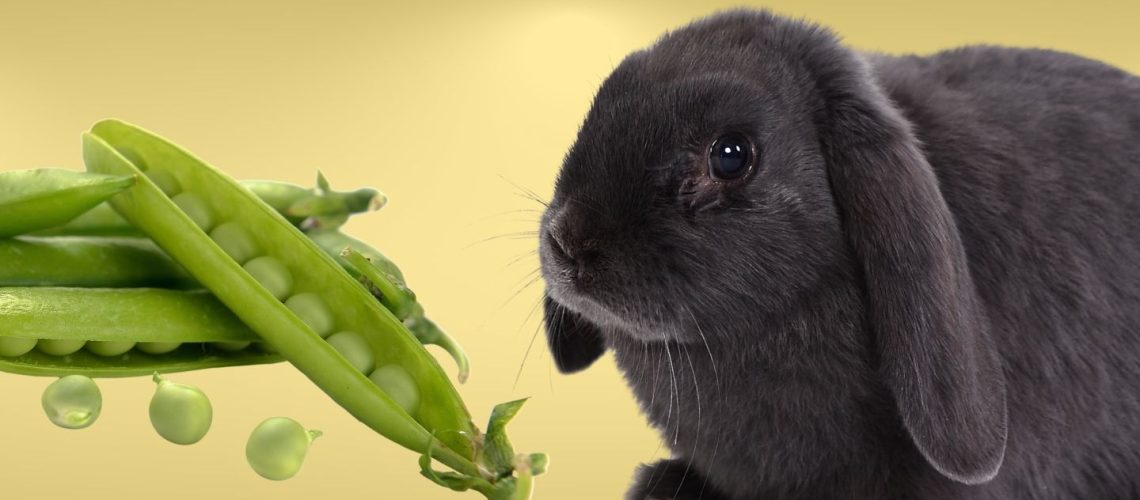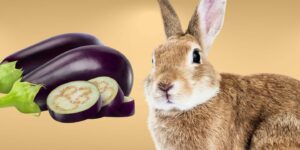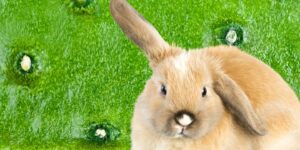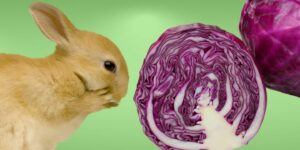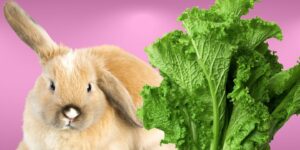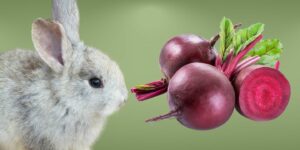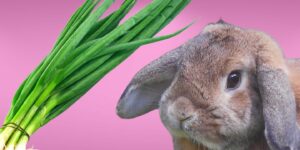Nutritional benefits of snap peas for rabbits
Snap peas offer a variety of nutritional benefits for rabbits. They are rich in vitamins, minerals, and fiber, all of which contribute to a healthy and balanced diet for your furry friend.
Vitamins
Snap peas contain essential vitamins that promote rabbit health including:
- Vitamin C: Supports the immune system and aids in tissue repair.
- Vitamin K: Supports blood clotting and cardiovascular health.
- Vitamin A: Benefits eye health and supports the immune system.
- Folate (B9): Contributes to DNA synthesis and red blood cell production.
Minerals
Snap peas provide a variety of minerals that are important for rabbit health, such as:
- Calcium: Essential for strong bones and teeth.
- Iron: Helps carry oxygen in the blood and supports red blood cell production.
- Potassium: Supports proper muscle function and electrolyte balance.
- Magnesium: Contributes to metabolic, nerve, and enzyme function.
Fiber
Snap peas are a good source of dietary fiber, which aids digestion and helps prevent constipation, maintaining overall digestive health in rabbits.
Potential risks of feeding snap peas to rabbits
Though snap peas can be a healthy treat for your rabbit, it is important to be aware of potential risks associated with feeding them.
High sugar content
Snap peas contain natural sugars, which can lead to obesity or dental issues if consumed in excessive amounts. Monitor your rabbit's weight and dental health, and provide snap peas in moderation.
Gas and bloating
Feeding too many snap peas may cause digestive discomfort — such as gas and bloating — in rabbits. You should gradually introduce snap peas into their regular diet to minimize the risk of digestive issues.
Pesticides and chemicals
To avoid exposing your rabbit to harmful chemicals, always wash snap peas thoroughly before feeding, and opt for organic snap peas when possible.
Alternatives to snap peas for rabbits
If you're looking to provide some variety in your rabbit's diet, consider these safe alternatives to snap peas:
Other safe vegetables
- Leafy greens (e.g. kale, romaine lettuce, dandelion greens)
- Bell peppers
- Carrots (in moderation due to sugar content)
- Broccoli (in small amounts)
Hay
The majority of a rabbit's diet should consist of timothy hay or other grass hays, as they provide essential nutrients and fiber.
Pellets
Feed small amounts of high-quality rabbit pellets to supplement hay and vegetables in your rabbit's diet.
Tips for feeding snap peas to rabbits
To ensure a positive experience for your rabbit, follow these tips when feeding snap peas:
Introducing snap peas
- Start by feeding small amounts of snap peas.
- Monitor your rabbit's reaction and behavior to ensure they tolerate the new food.
Mixing with other vegetables
- Offer a variety of vegetables to create a balanced diet for your rabbit.
- Rotate snap peas with other safe vegetables to prevent boredom.
Storing snap peas
- Keep snap peas fresh by storing them in the refrigerator.
- Always wash and dry snap peas before feeding them to your rabbit.
Monitoring your rabbit's health
To ensure your rabbit is healthy, happy, and properly digesting snap peas:
Regular check-ups
Take your rabbit to the vet for regular check-ups and dental examinations.
Monitoring weight
Keep an eye on your rabbit's weight to ensure they are maintaining a healthy size.
Observing behavior
Watch for signs of digestive discomfort or changes in appetite, and consult your veterinarian if you notice any health concerns related to your rabbit's diet.

